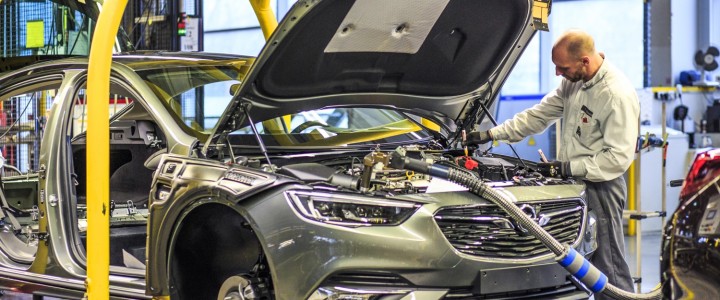EU FTA talks: India looking at ways to end stalemate, re-start negotiations

BusinessLine | 15 December 2019
EU FTA talks: India looking at ways to end stalemate, re-start negotiations
by Amiti Sen
Keen to put the India-EU Free Trade Agreement (FTA) talks back on track after exiting the Regional Comprehensive Economic Partnership (RCEP) last month, India is carrying out a stock taking exercise to examine the areas where the negotiations are stuck and think of a possible way ahead, a senior official has said.
“The Commerce and Industry Ministry has decided to put its focus back on the India-EU FTA talks as there is a general feeling that a number of sectors could gain from such a pact. A report on the recent interactions with the EU on the FTA is being prepared by the Commerce Department with suggestions on the way ahead,” the official told BusinessLine.
The EU, interestingly, has said that it will agree to formal restart of the FTA negotiations, called the Broad-based Trade & Investment Agreement (BTIA), only when there is a convergence of views on certain basic issues like market access for automobiles and alcohol and inclusion of government procurement and labour standards.
“The EU believes that there is no point going back to the negotiating table if certain basic issues remain unresolved. It will serve no purpose if an agreement is reached that has provisions that the EU Parliament will not give its approval to. It is, therefore, vital that the basics are agreed to before we seriously proceed in the negotiations. That is why India and the EU are holding technical discussions on the sticking points to see if they could be resolved,” a person close to the negotiations said.
India and the EU have been negotiating the BTIA since 2007. In 2013 the talks collapsed over issues such as inadequate market access being given by India to automobiles and wine and spirits from the EU and Delhi’s refusal to open up the financial services sector like banking, insurance and e-commerce.
Also, the EU’s attempt to include issues such as labour and environment in the pact, which India has strong objections to, played a role in derailing the talks. Several attempts to re-start the talks since then have not borne results.
RCEP exit impact
A day after India exited the 16-country RCEP, comprising the ASEAN, China, India, Japan, South Korea, Australia and New Zealand, last month, Commerce and Industry Minister Piyush Goyal said that the country was interested in concluding an FTA with the EU.
He pointed out that sectors such as gems and jewellery, textiles and agriculture have been making a case for a bilateral pact with the bloc as it could result in increased market access. India decided to exit the RCEP at the Leaders’ Summit in Bangkok last month as it was not happy with some of the provisions in the proposed pact that could have led to the Indian market being flooded with Chinese goods imported at zero or very low duties.
Getting into an FTA with the EU is an attractive proposition for India as it is the country’s largest trading partner, accounting for €92 billion worth of trade in goods in 2018 or 12.9 per cent of total Indian trade, ahead of China (10.9 per cent) and the US (10.1 per cent).





